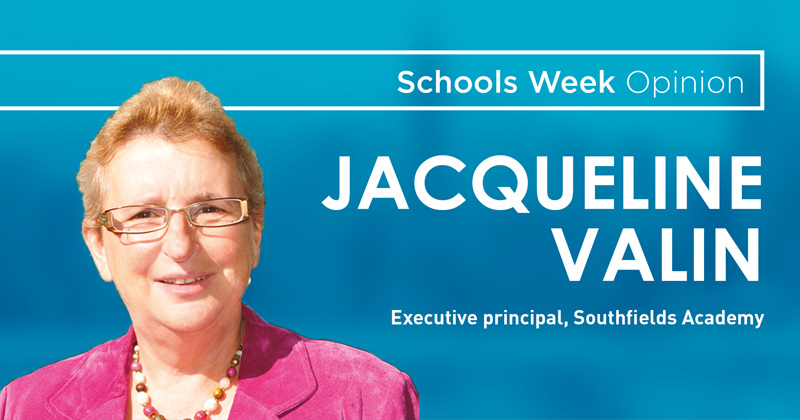Exclusions are in the national eye at the moment, but the narrative around pupil referral units is all too negative, says Kiran Gill
Conversations about exclusions are all the rage among politicians, but they tend to focus on three groups: parents, pupils and the headteachers accused of pushing vulnerable students out of their schools.
So why does no one mention teachers in all this? Specifically, the talented teachers who choose to work in pupil referral units and other schools for excluded students. They’re a shadow army dealing with the children most likely to have mental health problems, safeguarding concerns and who need a truly transformative education. And there’s not even a collective name for this group.

Most teachers think of themselves as being secondary, primary or special needs; but teachers educating excluded children are too often lumped into the category of “other”. It’s not a respectful phrase, and not one that helps overturn stigma surrounding exclusion.
PRUs are still a reasonably modern invention, having started in 1994. It’s therefore not surprising that many teachers don’t know much about them. Most won’t have visited one, let alone worked in one – until 2012 PRUs weren’t a recognised placement as part of teacher training. A lack of knowledge can lead to rampant misconceptions.
Stories in the media often don’t help. A few years ago Schools Week ran a front-page story about an alternative provision school that locked pupils into rooms, refusing to let them go to the toilet, and blocking fire exits.
Salacious details get good headlines but here’s another great story: pupil referral units get higher Ofsted grades than mainstream secondary schools. While 21 per cent of secondary schools are ‘requires improvement’ or ‘inadequate’, that figure is only 18 per cent for PRUs. That’s partly due to the different approach to ratios; with radically smaller class sizes, PRUs offer opportunity to really know a pupil’s needs, and build relationships which reduce difficult or dangerous behaviour.
A lack of knowledge can lead to rampant misconceptions
Yet PRUs struggle to recruit. And this isn’t your regular everyone-needs-to-find-a-maths-bod struggle. One in eight teachers in the sector is unqualified. Pupils are twice as likely to have a supply teacher. Ofsted points to leadership of teaching and learning as a consistent area for improvement in the sector; currently much of the CPD on offer in the sector focuses on physical restraint rather than learning needs.
Only a tiny crowd of people in England specialise in the skills needed to work in pupil referral units – trauma, mental health, reengagement, safeguarding – alongside the teaching and learning expertise to change long-term outcomes for pupils. Little research has been done on what makes a difference for excluded pupil’s educational outcomes. Let’s be clear: currently only one per cent will get five core GCSEs, one in two are not in education, employment or training (NEET) immediately after school. Half of prisoners were formally excluded when they were at school, and many more were informally pushed out.
If all these facts feel like a bottomless pit of misery, then this is the part where the triumphant music starts playing, because amid all this difficulty lies huge opportunity.
If it strikes you as a huge injustice that excluded children are twice as often taught by unqualified teachers, if you find yourself thinking we must be able to do better than seeing one pupil in 100 achieve the qualifications they need, and if you believe that we can figure out new interventions to break the link between pupil exclusion, mental illness and offending, then you will undoubtedly find the PRU sector an amazing place to work.
Challenging? Yes. Rewarding? Absolutely! Will there be days when you’ll likely think the job is too hard? Possibly. But then, doesn’t every teacher think that?
As Tom Hanks famously says in the film A league of their own, “it’s supposed to be hard – it’s the hard that makes it good. If it wasn’t hard, then anybody could do it.”
Kiran Gill is a policy consultant and founder of The Difference







If not fear for me as parent being left struggling with my son who been kicked off school because he put cannabis to his school bag to smoke after school on Friday evening to help him relax after hard work at school as know sixform is hard..and hear headteacher desided to exclude him permanently without give him somewhere else to go and focus on his work what can I do while is only 16 years old?he need is education..